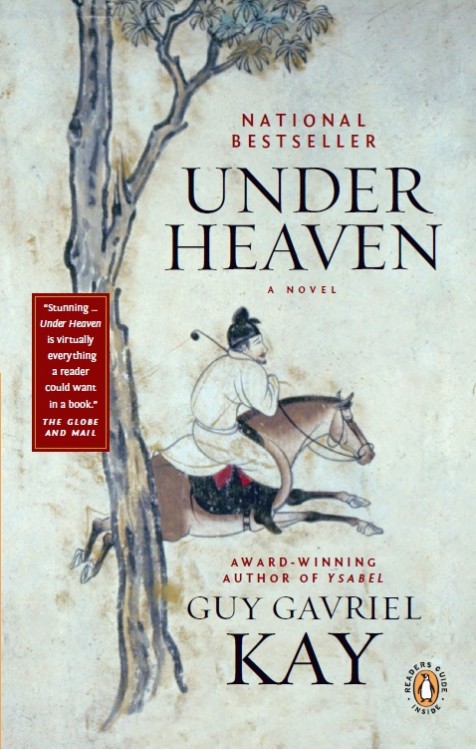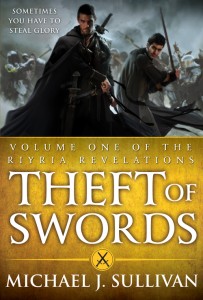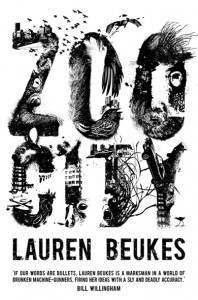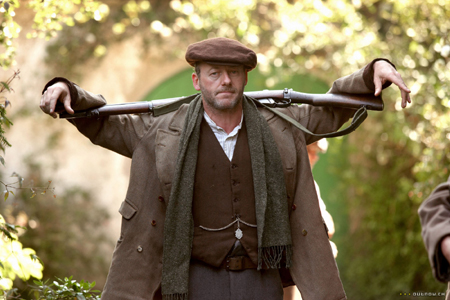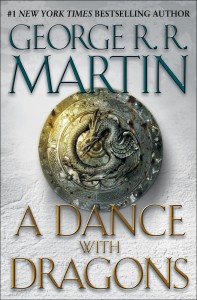 Yarr! Some mild spoilers for A Dance with Dragons and some egregious spoilers for the entirety of A Song of Ice and Fire appear in this article!
Yarr! Some mild spoilers for A Dance with Dragons and some egregious spoilers for the entirety of A Song of Ice and Fire appear in this article!
Well, well. Where to even begin? Having read several handfuls of reviews for A Dance with Dragons around the ‘net, it seems impossible to begin a commentary on the novel without referencing the infamous Wait™ and the fan vitriol (and endless passion) associated with Martin’s ever-growing audience. Of course, I’ve gone on record now and then to mentioned that I don’t really give a damn about waiting for a novel, this one or otherwise; there were plenty of wonderful stories to keep me occupied between A Feast for Crows and A Dance with Dragons, because, well… I enjoy many authors (new and well-established) alongside Mr. Martin — something I’m sure he would appreciate.
I’m now about 300 pages in. (I’m a slow reader, remember?) Bombs have been dropped (or eggs, mayhap?), ground has be re-tread (hello, Jon Snow!) and Tyrion has drank (drunk? drinked?) a lion’s share of wine. Besides one or two ‘twists’ (and one ‘fuck yeah!’ beheading), the pace of the narrative has been glacially slow, but enjoyable and engrossing all the same. The concise, labyrinthine storytelling of A Game of Thrones is now gone completely, replaced instead by a huge, sprawling behemoth of storytelling. Instead of having each chapter of the novel moving an overall novel-spanning narrative arc towards its conclusion (adding elements or perspectives only available to the viewpoint character), we now have three disparate stories running in parallel. Two of the major storylines, Dany and Tyrion, appear to be on a collision course (and, as the earlier novels would indicate, I expect that all the little connecting threads will appear retroactively once I look back on the completed novel), but Jon Snow’s chapters seem entirely self-contained (though, I suppose it could be argued that they were as such even as early as A Game of Thrones); and Bran Stark’s chapters, few-and-far-between (much to my chagrin) as they are, are even more disconnected from the rest of the narrative.
Read More »
